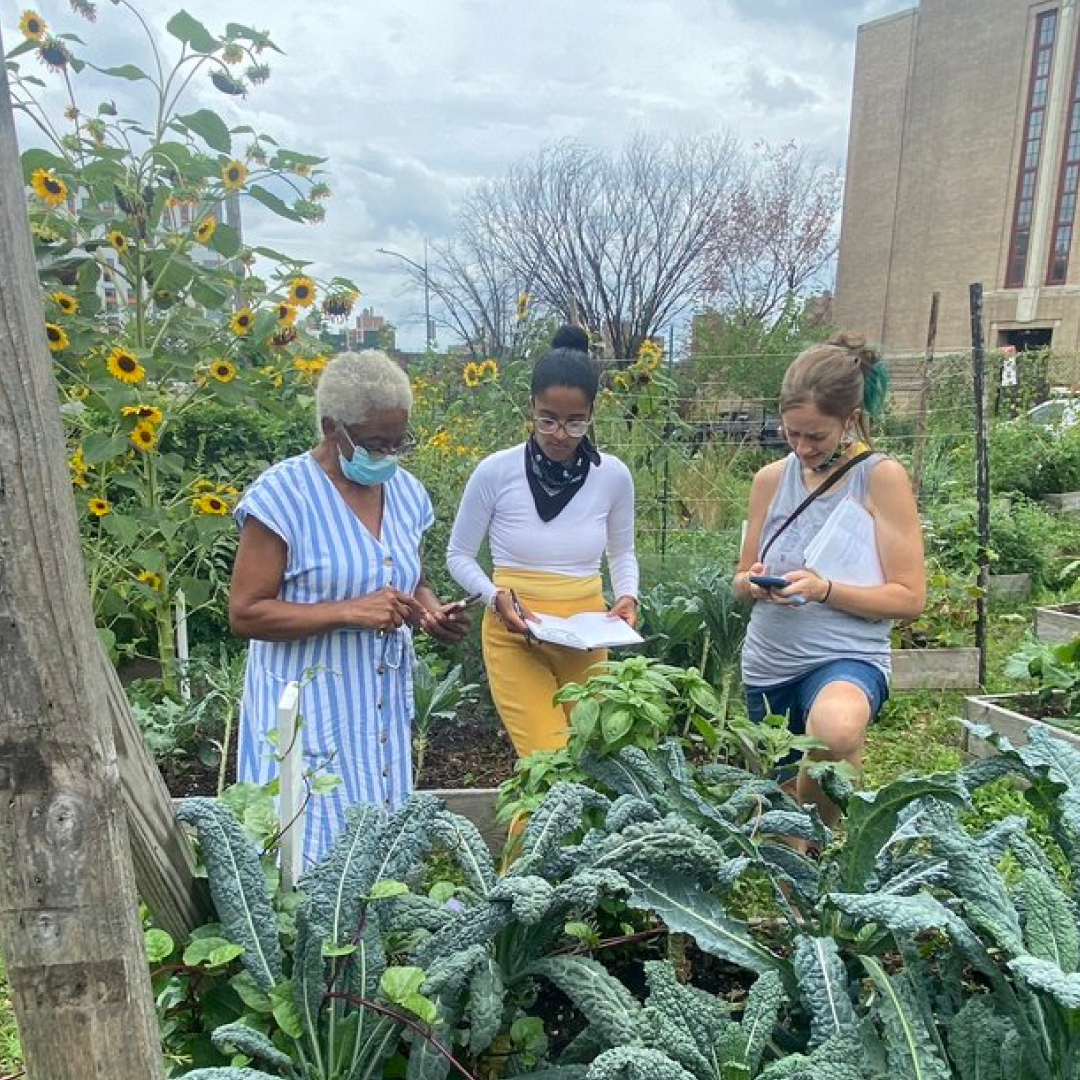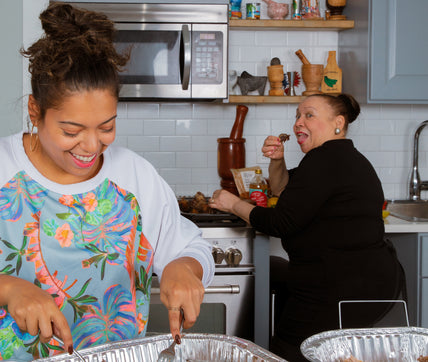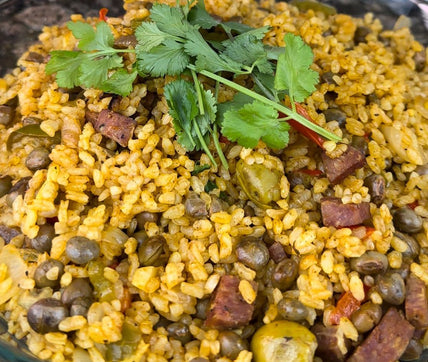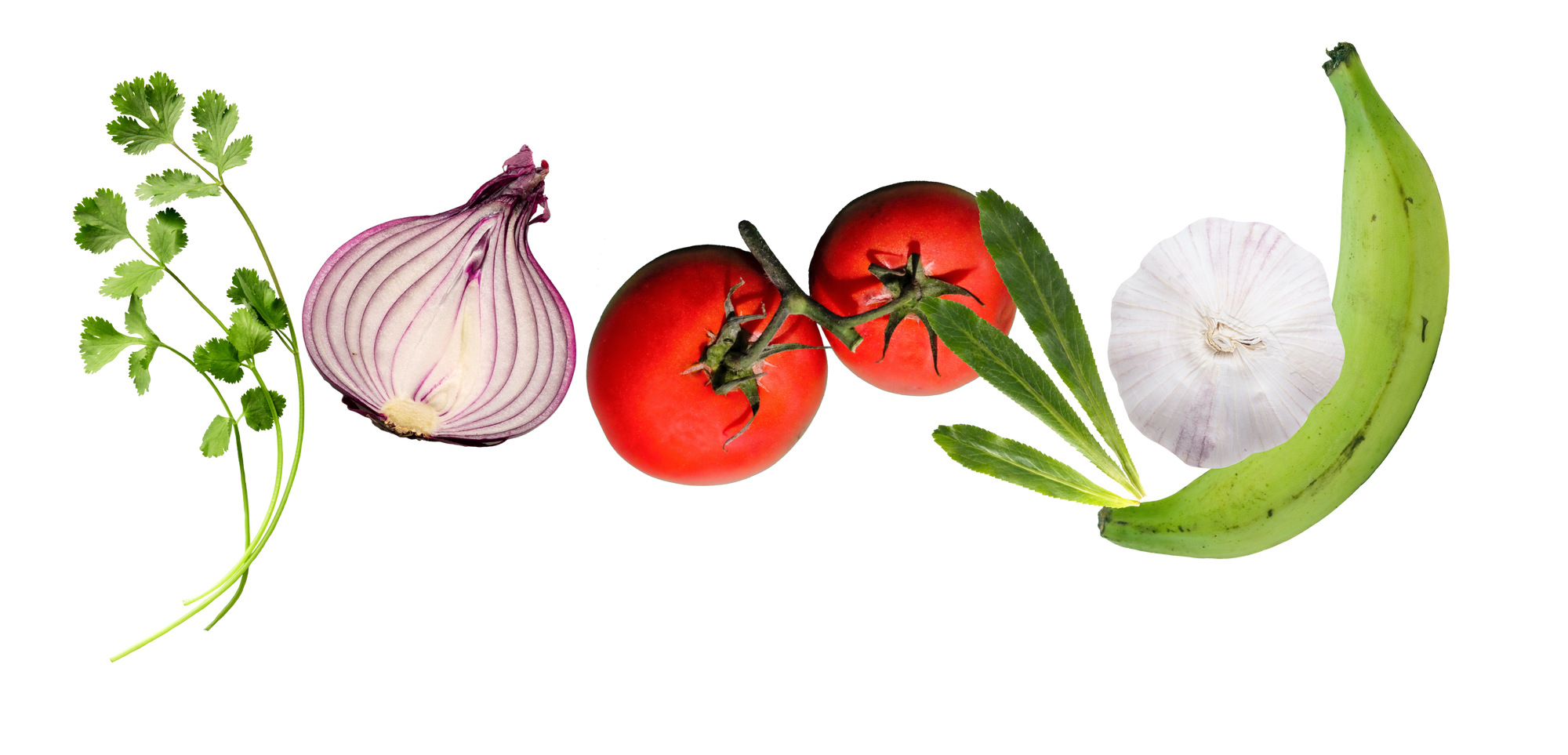
2% for Farm School NYC
In celebration of Black Heritage this month and every month, our latest 2% for Justice commitment will support Farm School NYC, an urban agriculture education platform rooted in BIPOC land stewardship
For the month of February, and in specific celebration of Black Heritage this month and every month, our 2% for Justice commitment will support Farm School NYC, an urban agriculture education platform focused on expanding BIPOC land stewardship.
As New Yorkers ourselves, certain organizations hit particularly close to home and embody the actions we see as necessary to improve the communities we engage with and move through on a daily basis. It goes without saying, Farm School NYC is one of them.
In specific, we see their work as central to strengthening, and in many ways building, the connection between communities impacted by social and racial inequities and the land. Urban or rural, efforts toward land redistribution are equally important. Across the US, Black-run farms make up only 2% of farms nationwide, down from 14% a century ago. Systemic racism rooted in discriminatory land ownership and lending policies are predominantly to blame. As recently as 2015, only .2% of micro-loans administered by the Agriculture Department went to Black-run farms, exposing an even more extreme gap.
With a team of renowned activists and educators behind its programming, and by operating in the context of this city, Farm School NYC has proven the power of knowledge as a path to greater equity regarding food and social justice issues.
We were grateful, this month, to engage with their team to learn more about their mission.
What was the origin of Farm School NYC and what is its mission today?
Farm School NYC began as a collective vision in 2007. Our early planners realized we have so many resources in New York City – many diverse community gardens and urban farms, a network of supportive greening organizations, and excellent educational opportunities. At the same time, they realized we needed something more-- a way to gain a comprehensive farming education. For three years, a network of individuals and groups came together to plan the school. Farm School NYC opened for classes in January 2011.
Our mission is to train NYC residents in urban agriculture, in order to build self-reliant communities, and inspire positive local action around food access and social, economic, and racial justice issues.

What makes Farm School NYC unique compared to other organizations fighting for food justice and social justice?
Farm School NYC is unique due to our focus on education in urban agriculture rooted in BIPOC land stewardship. We understand the importance and empowerment in knowing how to grow food for our communities. We make this knowledge accessible to folks regardless of their ability to pay. Also, our courses utilize Popular Education and aim for our students to be able to share and spread this knowledge. Empowering folks to create positive change in their communities in this intergenerational and intentional community that centers BIPOC is a unique experience. Racial and cultural diversity and diversity of life experience of teachers and students are essential–NYC Urban Agriculture depends on this diversity for its success.

In the quest to honor ancestral and cultural food pathways, can you speak to the importance of supporting, educating, and cultivating Black and Brown farmers?
Sharing the stories of foods and their seeds rooted in Indigenous ways of knowing is one way we honor, support, educate and continue to cultivate Black and Brown farmers. We remember and celebrate the stories and practices of Black and Brown farmers as a pathway towards collective liberation. Our vision of liberation encompasses more than just access to food, but true sovereignty, and land stewardship for BIPOC communities.

What are the best ways to support or get involved in the Farm School NYC's efforts?
The best way to support Farm School NYC is to make a donation and stay up to date with our monthly newsletter. (This allows us to continue programming and you to engage in our public programs when they open!)
Please join us in spreading the word and lending your support!



